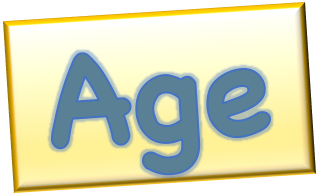Is it EFD? |
Page 10 |
Let’s say that you have a child in your care or classroom that seems to have an executive function disorder or a challenge of some kind. First and foremost, you cannot give a diagnosis to this child as you are not a medical professional. Instead, it is your responsibility to document your observations about the child and report them to parents to make the best decision for care, diagnosis, therapy, and additional educational supports.
Next, it is important to understand the factors that influence executive function and self-regulation on an atypical and on a typical continuum.
A child who is slow to warm may have delayed reactions to stressful situations and need more explicit support in self-regulation. Oppositely, an active or feisty child may be quick to react by hitting or yelling and may need to be shown more appropriate reactions to practice.
Keeping in mind these four things gives you a realistic comparison of what the child’s developmental level is where executive function and self-regulation is concerned. Use caution and your knowledge of child development and other extenuating factors when making observations.






